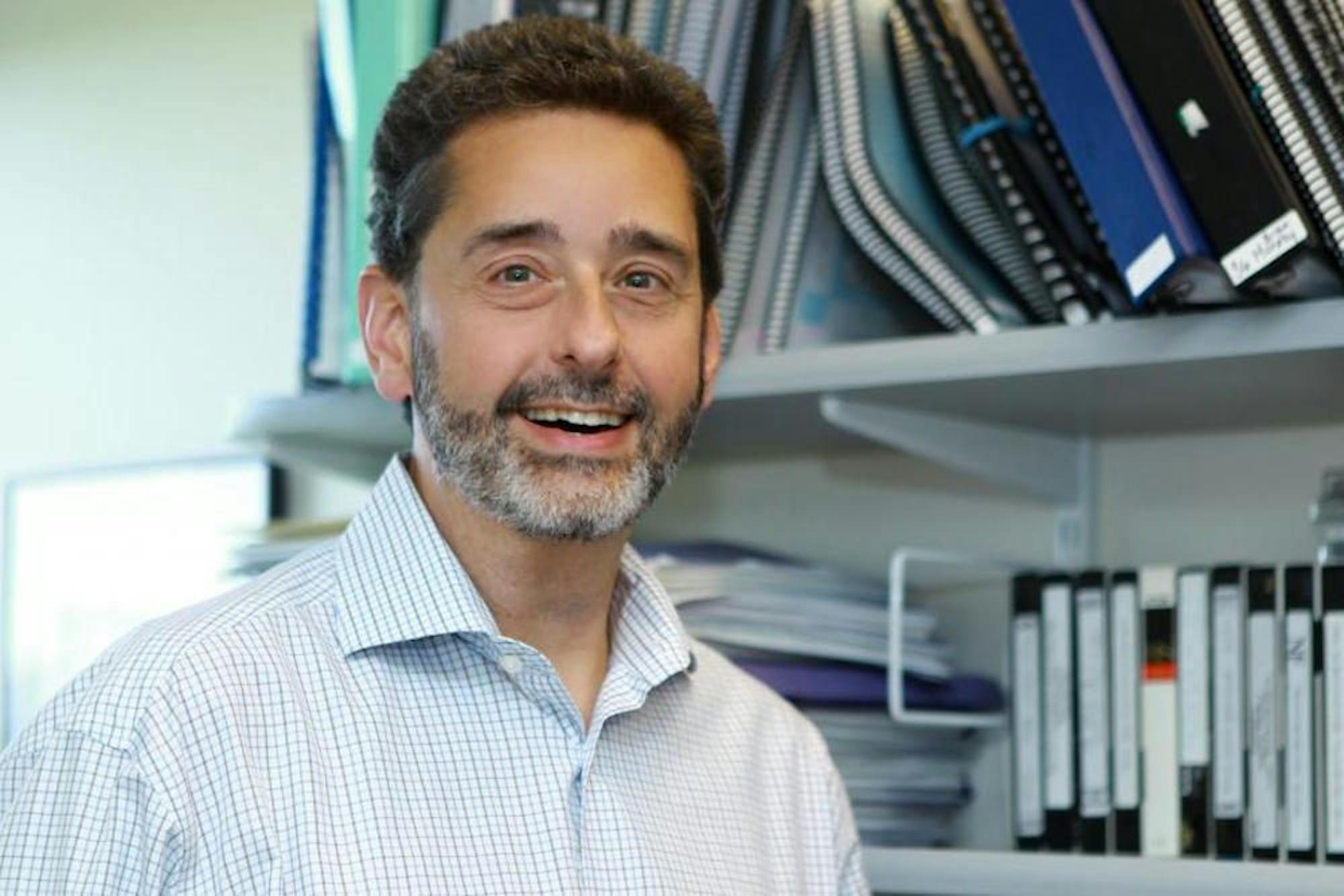Timothy Edgar, professor of public health communication at Tufts University’s School of Medicine, died on Jan. 2 after a car crash while he was traveling in India. He was 59 years old.
Edgar had been on a health mission with Unite For Sight, a non-profit that provides eye care to communities around the globe. Early into the planned month-long trip, Edgar passed away after surgery related to his car crash.
Edgar will be remembered for a lifelong dedication to issues surrounding public health, according to colleagues and friends of the late professor. Over a career spanning decades, Edgar is said to have defined his life and his work around a constant need to better his field.
“He had a contagious passion for life,” Nancy Rosenthal Stewart, a cousin of Edgar’s said. She described how Edgar’s personality, demeanor and “his warm, wonderful smile” made him an unforgettable figure.
Edgar’s career began in 1986, as an assistant professor at the University of Maryland. During his seven-year tenure, Edgar led an early charge into researching HIV/AIDS, and he wrote a highly regarded and controversial report on his findings, according to Stewart.
“It was a courageous book to write [at the time],” Stewart said, referring to the taboo that surrounded the disease. According to Stewart, it was always Edgar’s personality to go against the grain.
Edgar continued to contribute to public health research at Westat, a Maryland-based social science research firm that worked closely with the Centers for Disease Control and Prevention. Edgar directed a number of studies with the firm, and co-authored reports analyzing topics including racial discrimination in health care.
In 2002, Edgar joined the faculty at Emerson College as an associate professor. He directed Emerson’s Master of Arts in Health Communication, a collaborative program with Tufts’ School of Medicine that ran from 1994 through 2016.
Edgar joined the faculty of the Tufts School of Medicine in 2016, according to Aviva Must, chair of Public Health and Community Medicine for the School of Medicine. In an interview with the Daily, Must emphasized the strength of Edgar’s bonds to Tufts.
“He didn’t come to Tufts as a stranger; he came as a colleague,” Must said.
Even before Edgar joined the School of Medicine’s faculty, he was a familiar face to Tufts students studying public health. Ryan Kelly, a graduate student at the School of Medicine who took Edgar’s Application of Communication Theory to Health Communication class through the Tufts/Emerson program, described the class as one of his most impactful.
“I cannot begin to say how much I took out of that first class,” Kelly, who went on to become Edgar’s research assistant, said. “You could tell right off the bat, from day one, that he was super knowledgeable.”
Edgar’s dedication to his students was one of his defining characteristics, according to students, colleagues and family.
“He was one of those professors where the door was always open,” Stewart said. “He was a mentor to so many students that walked through his door, even those that weren’t his.”
That effort also manifested itself in his rigorous standards as an educator, according to Professor of Public Health Janet Forrester, who taught alongside Edgar at the School of Medicine.
“Doing well in Dr. Edgar’s class was a real point of distinction,” she said, noting that Edgar was always available to help his students learn and grow.
When Edgar arrived at the School of Medicine, Kelly said that he began to work toward building a new graduate program for global health communications. Kelly described the project as one of Edgar’s primary focuses in his new position.
“He was so excited about this program,” Kelly said. “His passion was contagious.”
According to a School of Medicine newsletter, the program was, "the first to combine a global perspective in health communication with a distance-learning approach.”
Stewart said that before Edgar left for India, he spoke to her about his excitement to return and work on building the program. It was still under development when he died, and his loss appears to have stalled it for the time being. Kelly said that the program’s planning committee is “exploring other options” for now.
Many at the School of Medicine described Edgar's loss as a major blow to the community.
“Edgar was certainly a glue, that, in my opinion, held a lot of people together," Kelly said.
But Edgar’s trip to India was also seen as a fulfillment of what many saw as his lifelong dedication to public health. Stewart said that Edgar chose to go to India because he wanted a challenge.
“I want to go somewhere where the work is hard,” Edgar told Stewart before he left.
A memorial service for Timothy Edgarwill be held on March 4, at the Arthur M. Sackler Center for Medical Education on Tufts' Boston Health Sciences campus, according to Must.
Timothy Edgar remembered as dedicated public health professor






